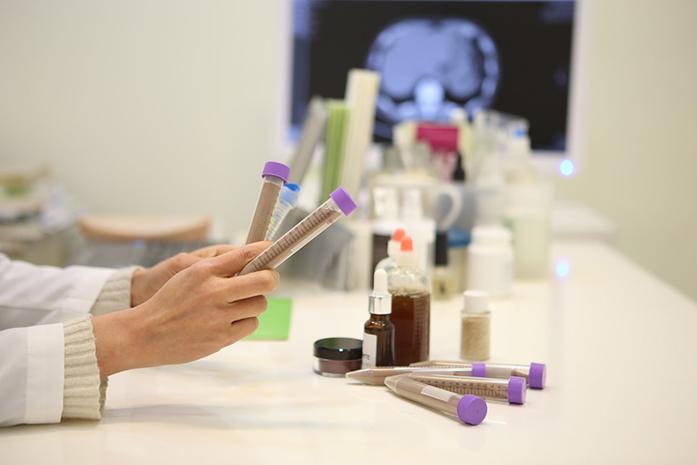By Kasra Zarei
[email protected]
On June 29, members of the cancer community from around the country gathered in Washington, D.C., at the Cancer Moonshot Summit to discuss ways to accelerate cancer research.
In his State of the Union Address earlier this year, President Obama called on Vice President Joe Biden to lead the cancer “Moonshot” initiative to accelerate cancer research and make more therapies available to more patients.
“It’s an incredibly exciting time in cancer research,” said George Weiner, the director of the University of Iowa Holden Comprehensive Cancer Center who attended the summit. “We are making progress faster than ever before, and these advancements move from the research laboratory to the clinic and then the community more than ever before.”
The Moonshot Summit comprised academic leaders, governmental leaders, and philanthropists meeting to discuss current obstacles in the cancer treatment that prevent faster progress.
The main focus of the summit was how the cancer community can communicate and share information more effectively. One of the big challenges in cancer research is that existing information systems are fragmented.
“The different electronic health records of different hospitals don’t communicate well with research informatics software,” Weiner said.
Another point of discussion covered clinical trials.
“Clinical trials in cancer are how we bring basic science advances from the research labs to the clinic, yet fewer than 4 percent of all cancer patients go in clinical trials,” Weiner said.
The Holden Comprehensive Cancer Center was also selected by the White House as one of only 10 centers in the country to host an official Satellite Cancer Moonshot Summit.
Laura Rogers, a postdoctoral fellow in Weiner’s lab and member of the panel at the satellite summit, spoke about her work understanding the immune system as it relates to cancer and developing therapeutic approaches to harness the power of the immune system to effectively treat cancer.
“It’s an exciting time to be studying the immune system as it relates to cancer because of the new immunotherapies that are showing a lot of success,” Rogers said.
Studies have demonstrated that these therapies appear to have a long-lasting, positive effects for some patients, 30 percent.
“[Regarding immunotherapies], we are trying to understand how we can better predict who will respond and how can we help those who don’t respond,” Rogers said.
Speaking on the panel, Aaron Bossler, the director of the UI Molecular Pathology Laboratory, said his role in the initiative is the “navigator” — reading patients’ DNA to identify if they will respond to therapy.
Bossler seeks to build on the data that are being shared to help identify additional markers that can help oncologists in providing the best care possible. He recognizes the importance of improving communication and data sharing.
“A huge investment here will help us to be able to use research and diagnostics information more efficiently and continue to rapidly advance cancer research,” he said.
The UI is one of 45 comprehensive cancer centers that the National Cancer Institute has designated, speaking to the depth and breadth of the cancer research done at the institution by the 190-plus UI researchers.
“We coordinate cancer research no matter where it is taking place across the entire university, including basic research such as understanding how cells in the immune system function all the way through clinical trials and looking at how cancer affects the community,” Weiner said.
In accordance with the Moonshot initiative, some of the primary goals of the center are to take laboratory advances to clinical trials as quickly as possible and work with the state of Iowa and the Iowa Cancer Consortium to ensure the public benefits from information obtained through cancer research.
One primary example of this goal relates to the HPV vaccine, which is known to prevent infection with the strains of HPV that cause most cases of cervical and head and neck cancers.
“Fewer than one-third of kids are getting the vaccine as recommended,” Weiner said. “This means that there will be people 10-15 years from now getting cancer who didn’t need to. We really want to take the advances we have already made and move them to the community.”







